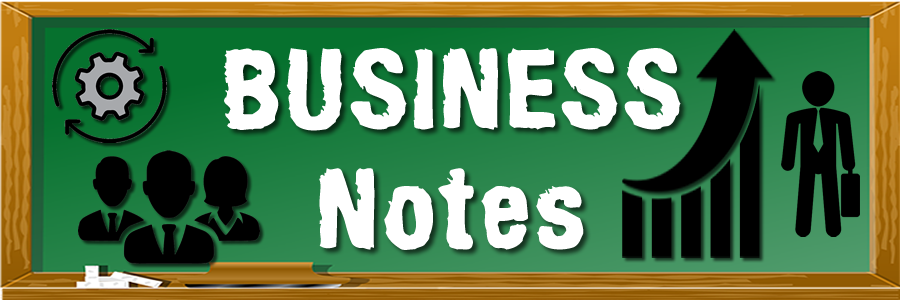Reinforce your relationship with existing contacts, but spend most of your time (at least 80%) being introduced to and talking with people you don’t know.
If possible, find out if any special guests or ‘movers and shakers’ have been invited to the event you are going to. Don’t forget to also talk to the speakers and the organisers.
If possible try and find something in common with these people, so that you have a ready-made conversation topic.
If you can, ask a ‘smart’ question during the speaker’s presentation. It will mark you out and raise your visibility at the event. Introduce yourself and your company before you ask your question.
Never be critical, disrespectful or argumentative with the presenter. Even if you disagree vehemently, don’t express your opinion. You’ll come over as big headed and nobody will want to talk with you; and you will make others at the event feel uncomfortable.
Approach the speaker after the event. Thank them for their time and for giving a great speech and start to build rapport with them.
Collect any handouts to read later.
Next day send a note or an e-mail to the speaker thanking them for the information they shared and ask to be put on their mailing list.
See if they have any e-books or ‘freebies’ on their web site.
Thank the organiser and if you think the event was worthwhile, offer your help for the next event.
Use your time constructively and efficiently.
After about ten minutes, it is time to move on, so try out and practice some conversation enders. Move on to the next person or introduce the person you are with to somebody they don’t know. Impressions count, be as smart as you can afford. Good quality, clean and pressed clothes – and don’t forget to clean your shoes. Remember your personal hygiene, brush your hair and clean your teeth. Halitosis and body odour will put everybody off and you don’t want to give offence.
Networking is fun and can be very profitable for you and your company if you have the right attitude and observe:
Questions to Avoid:
You have to ask open questions at networking meetings and events, but being too personal can upset the person you are talking to. Try and avoid asking:
How much money do you earn?
This really is a question you should avoid in a general networking conversation.
However, if it is the context of a business consultation, it’s probably something that you will need to discuss.
How do you get paid?
A similar question to the one above and again it brings negative connotations to the networking experience.
Business etiquette says to respect the other person’s privacy, but again, unless it is a subject that needs to be talked about, because of the discussion you are having, it’s one to be avoided.
What do you do?
This question in itself is not too bad, but it quite often is asked in manner that suggests you are not really interested.
It can sometimes be seen as a challenge.
Better questions are: “What is your profession?”, “Who is it you work for?”

